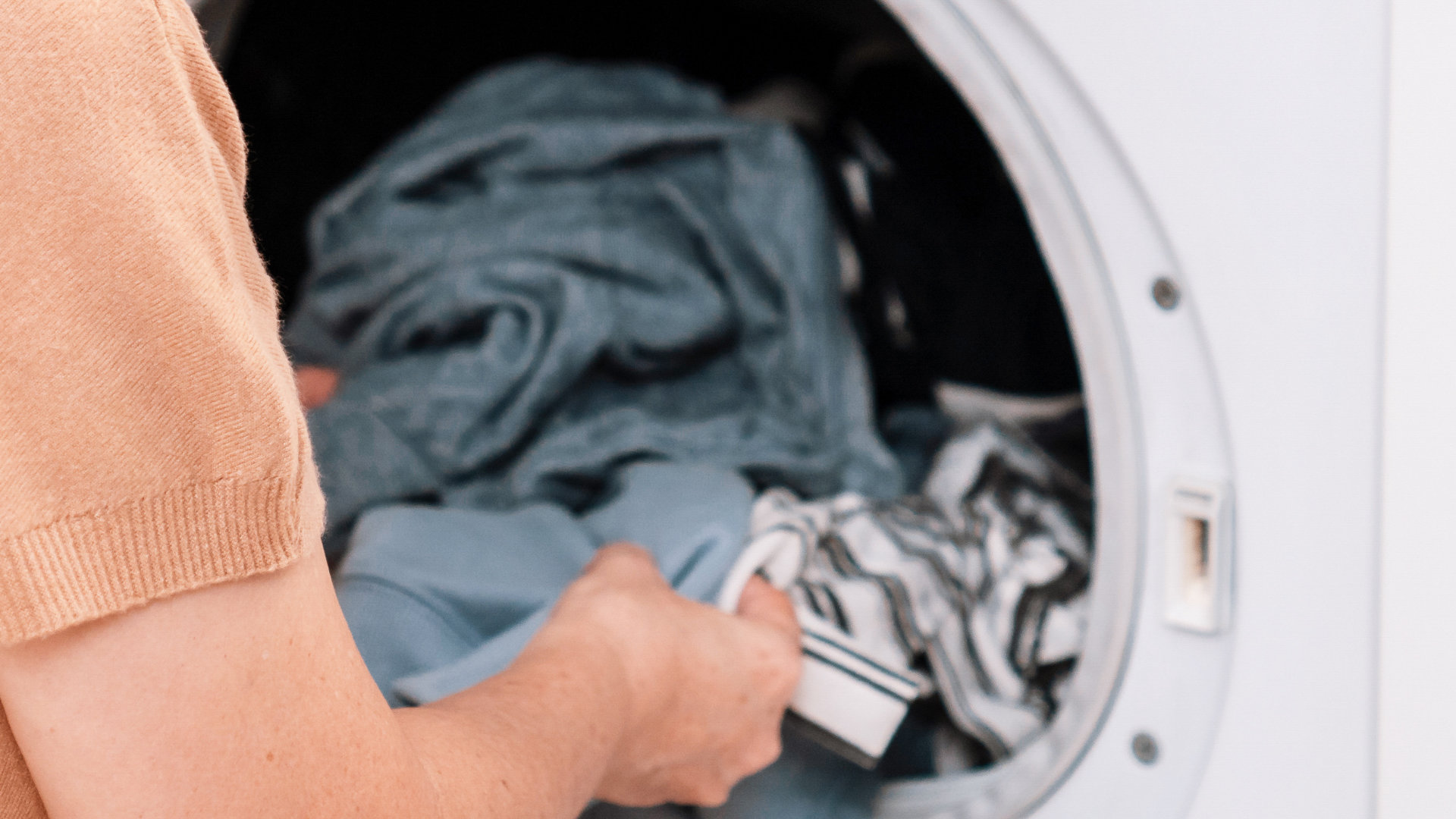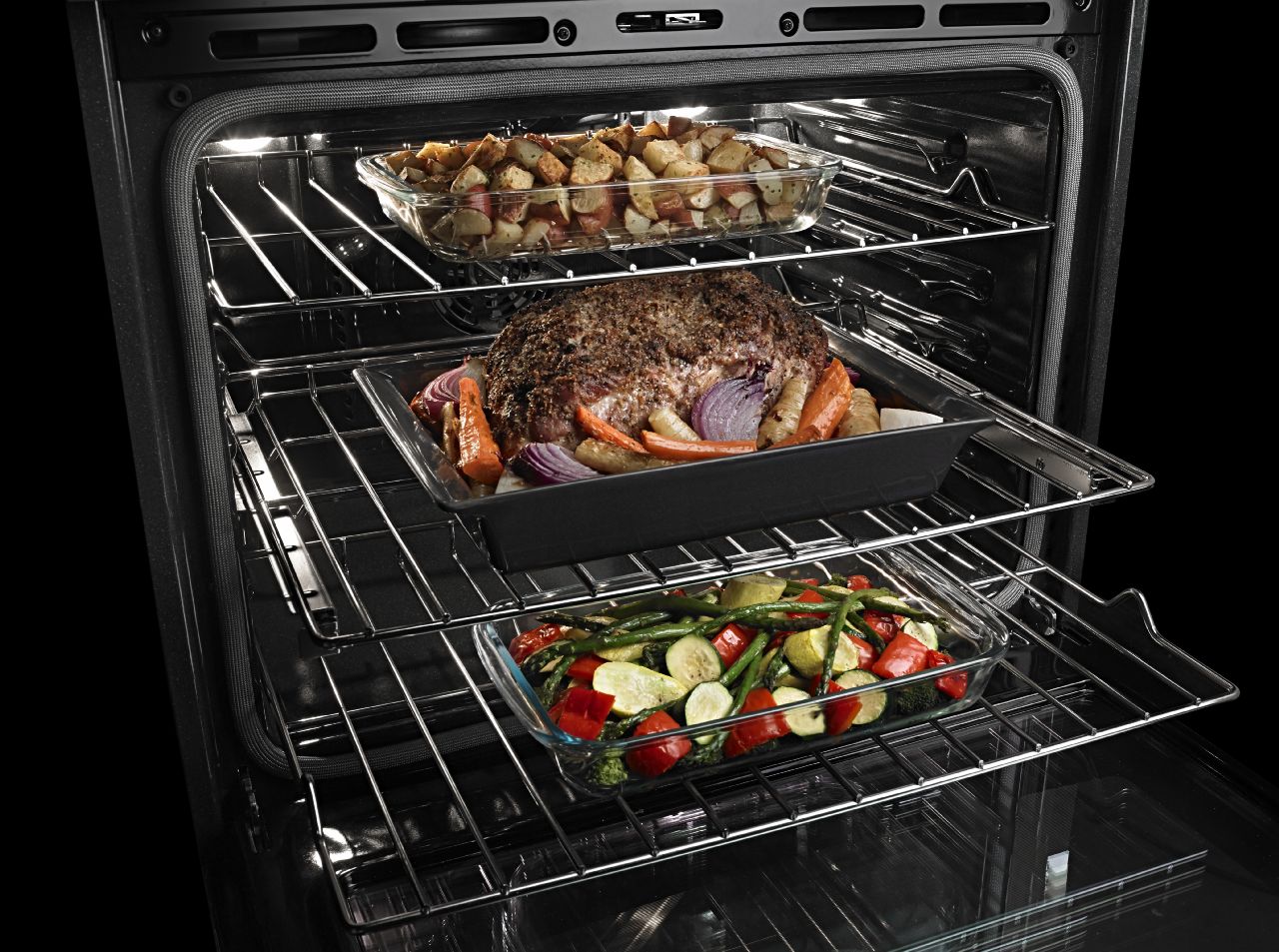
It wasn’t so long ago that ovens were built out of heavy metals and meant to last near a literal lifetime. However, things have changed a bit. New ovens are made lighter, but more efficient and customizable. Unfortunately, the smarter an appliance gets, the more potential for problems it often has. That is the trade-off for energy efficiency and some serious flexibility when it comes to cooking.
The good news is that your modern oven will still last for a pretty long time. However, you need to do your due diligence and take care of it. With a little maintenance, you can greatly extend how long your shiny new oven will last you without any serious problems.
Avoid the Self Clean Function
It is a serious wonder why oven manufacturers still build ovens with self-clean features. Appliance repair technicians of old ovens hate the feature. Appliance repair technicians of new ovens hate it, too. The theory of the self-clean feature is that it gets the oven as hot as possible to literally burn away any food particles or grease. Unfortunately, while an oven can stand some pretty high temperatures, extended exposure to the maximum temperature is very hard on the appliance. Most commonly, you will need to replace the wires that run from the control panel to the heating element because they just get too hot and melt.
Manual Cleaning Of The Oven
While you will most definitely want to avoid the self-clean function on your oven, it will still need to be cleaned. Even if you haven’t spilled anything in there, ambient grease and food particles are released into the air of the oven tub while food is cooking. This will settle and built up. Over time, they will eventually make their way to the heating elements, clogging igniters on gas ovens and creating some funky smoke on electric coils that can affect the taste of food.
If you aren’t too keen on oven cleaners because they can use some very caustic chemicals that you might not want near your food, warm water, and baking soda has serious scrubbing power. When combined with a little steel wool and elbow grease, not even the most baked-on food stands a chance.
Check For Properly Calibrated Temperature
About once every year, you should heat up your oven and use a separate thermometer to check the temperature. It should be within five degrees of the set temperature. If it is not, you should consider that there may be a problem with the heating elements, which leads us into our next tip.
Regularly Inspect the Heating Elements
The igniters in your gas oven, the heating elements – both upper and lower – in your electric oven, and the burners on your stove all need to be carefully monitored. For gas ovens, it is all about preventing gas leaks and making sure you have a steady, non-flickering blue flame. However, electric coils need to be checked for even heating color, to make sure they don’t have any nicks or physical damage, and that they are not throwing off sparks.
Leave Igniter Cleaning to the Professionals
If you have an electric oven, cleaning the heating elements is something you can do yourself as long as you don’t pull on them too hard. However, gas igniters in a gas oven are a different sort of beast. If you clean with warm water and baking soda, it may clog the igniter. If you scrub them too hard, it may cause a dangerous gas leak. As such, this is one item of maintenance that if you notice they are very dirty, you may want to call an appliance repair company.
Keep Repairs Timely
Repairing the broil function on your oven may not seem like the most important thing in the world when you mostly just use the bake function, for example. However, the longer an item sits in disrepair, the bigger an effect it can have. For example, some settings on your oven may be using the bake and broil heating element, so if one isn’t working, that function won’t work either. To put it in a different perspective, a few minor repairs are often more cost-effective than a large serious repair or having to replace your oven. While “repair” is not so much a maintenance task, it does truly extend the lifespan of your oven.
Avoid Covering an Oven With Tin Foil
After a few rounds of tough cleaning inside your oven, you may be tempted to take the common approach of covering your oven or your oven racks with tin foil. While the sturdy aluminum foil will hold up just fine, the problem lies with its obstruction. Tinfoil may provide a peel-off solution to cleaning and catch all that food debris, but it interrupts heat and airflow, both of which being necessary to cook food. Furthermore, the heat reflected off the foil will wildly mess with your cook times, so there will be a lot of new guesswork involved. It is best to just keep it out of the oven and only use it on your pans when necessary.
Consult Your User Manual
If you can still find it – which is often the biggest challenge – you should always consult your user manual that came with your oven to see what needs to be done. The user manual will tell you specific ways to use your oven as well as maintenance tasks to help keep it running. For example, some ovens may have a blower motor to make use of convection baking, but if your does, this means that the blower motor may also need to be lubricated every so often. Your user manual will instruct you on how to go about doing that and what sort of lubricant you will need to use. There is nothing more helpful to tell you what maintenance you need to do for your specific model of the oven than the old user manual.
If you cannot find your user manual, you will likely be able to find it on the manufacturer’s website as well.
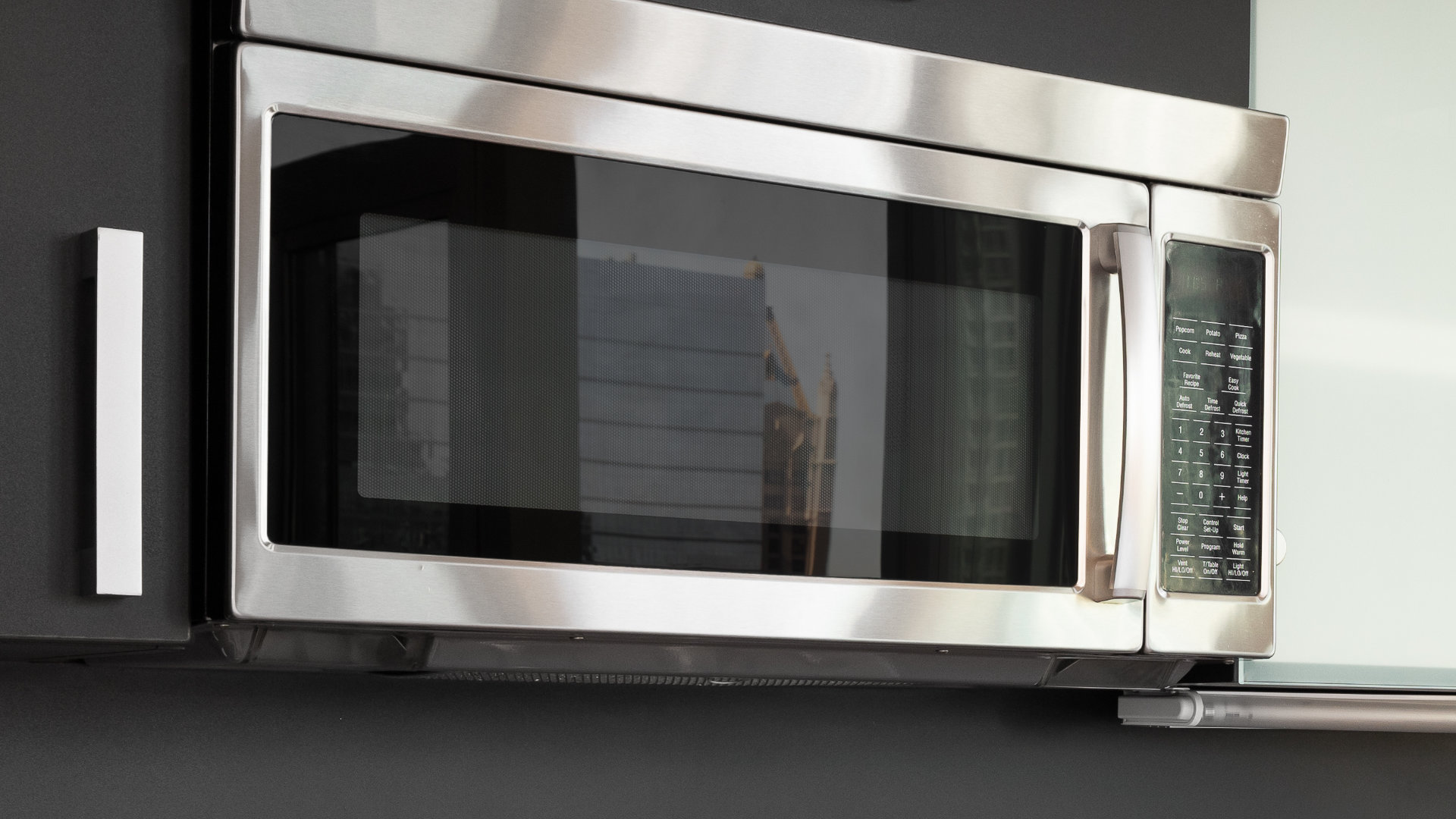
Your Guide to Whirlpool Microwave Replacement Parts
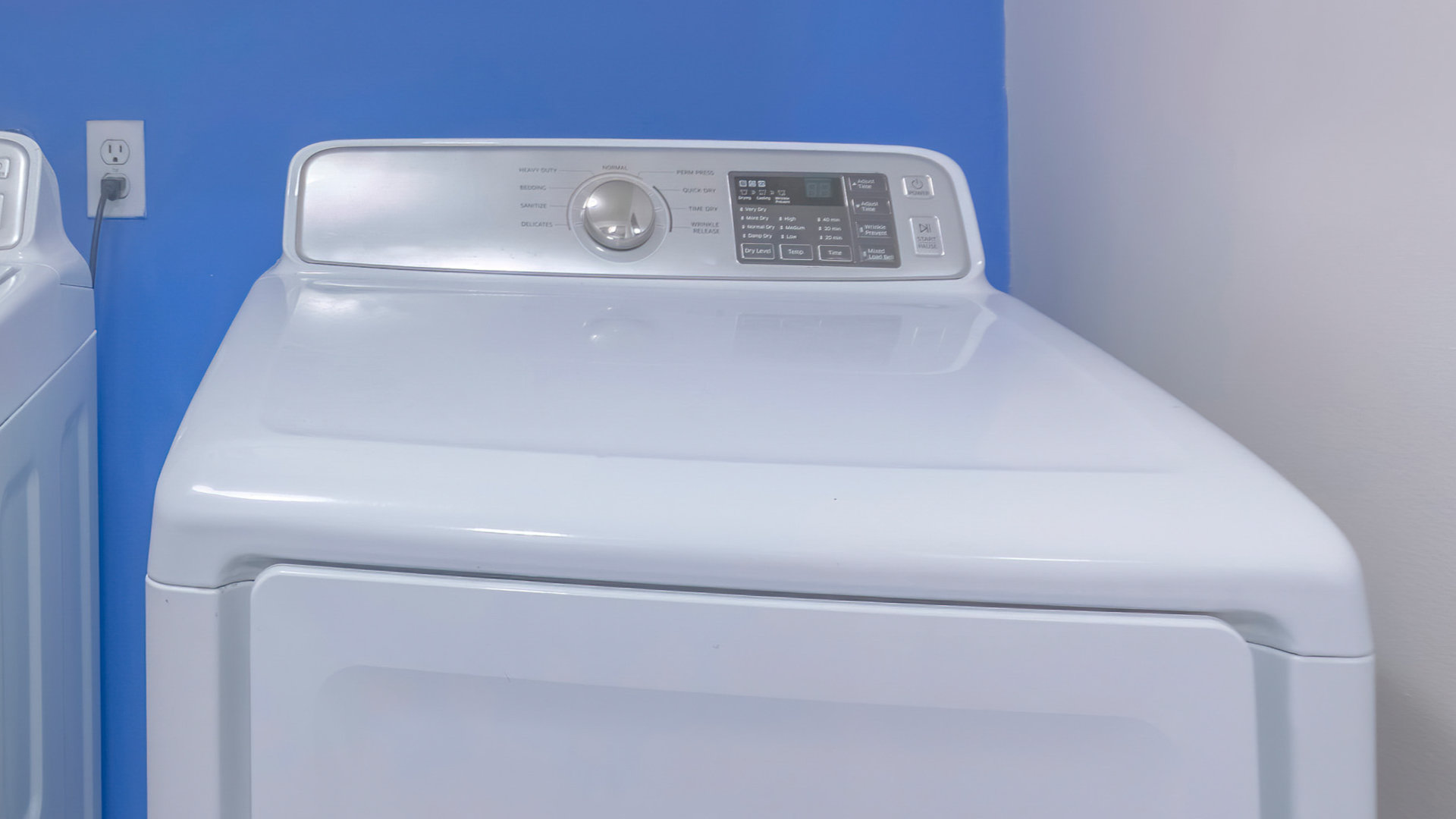
What to Do When Your Kenmore Dryer Won’t Start
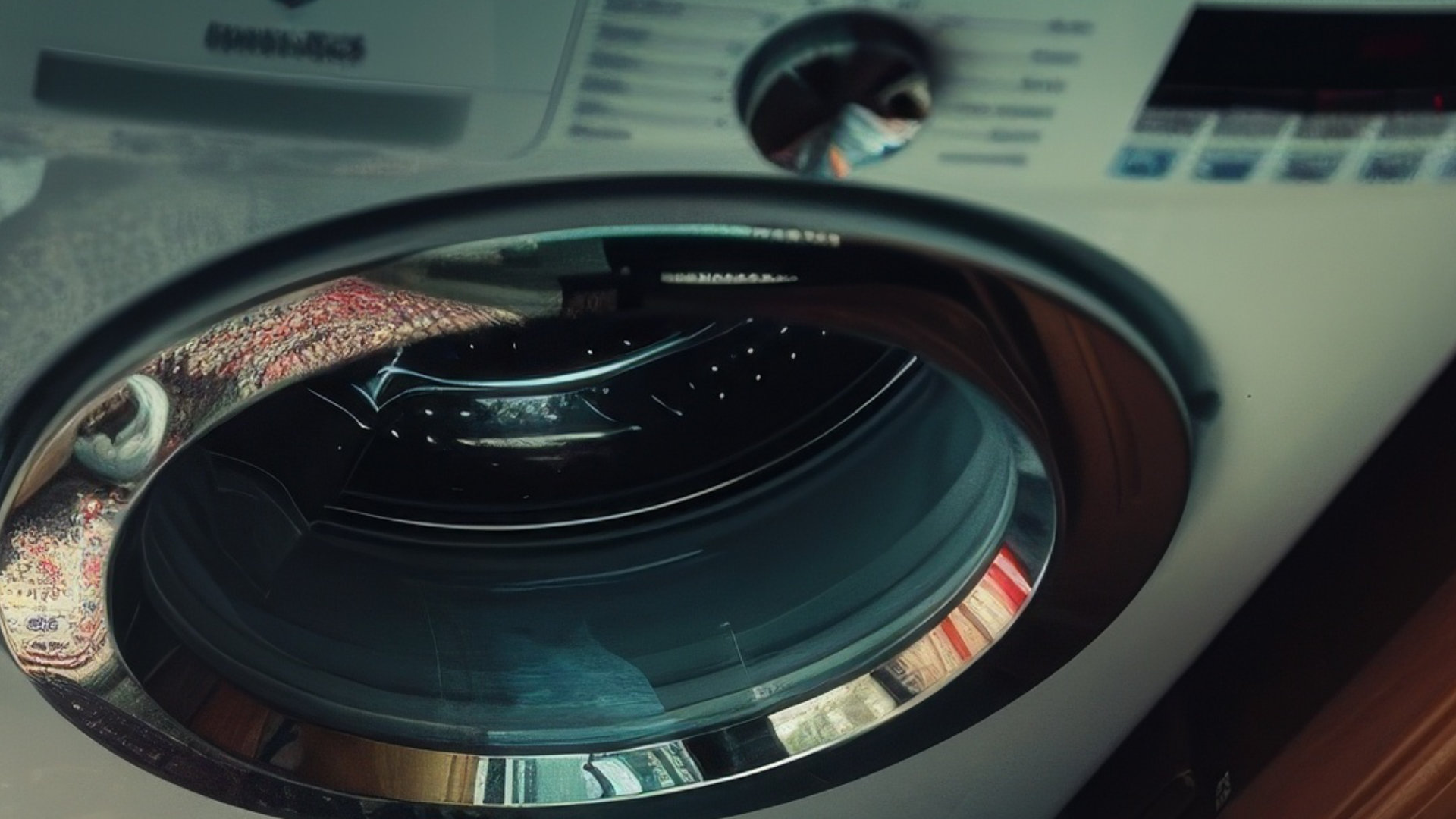
How to Resolve the LG Washer LE Error Code
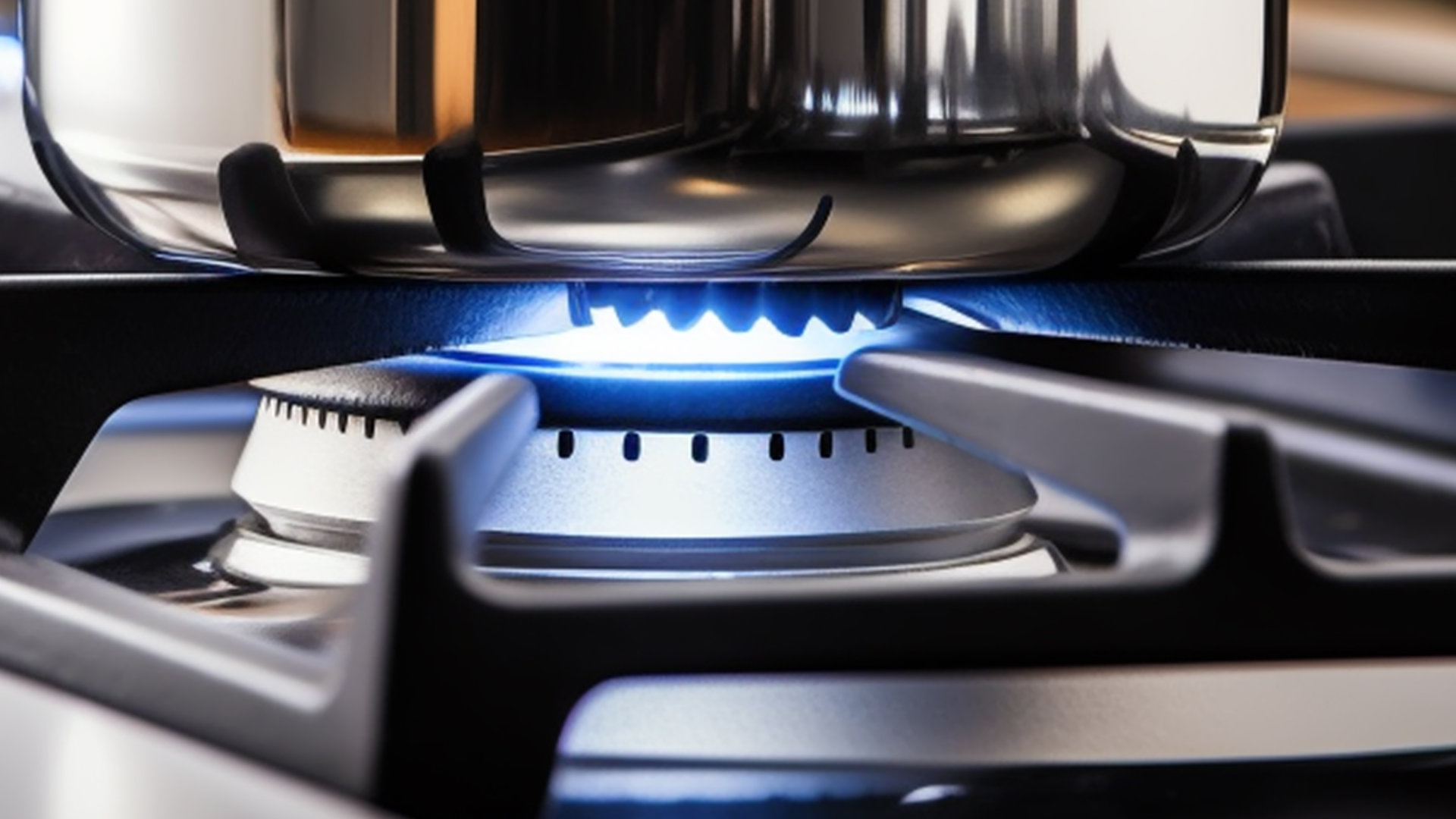
Why Does My Oven Smell Like Gas? Causes and What to Do
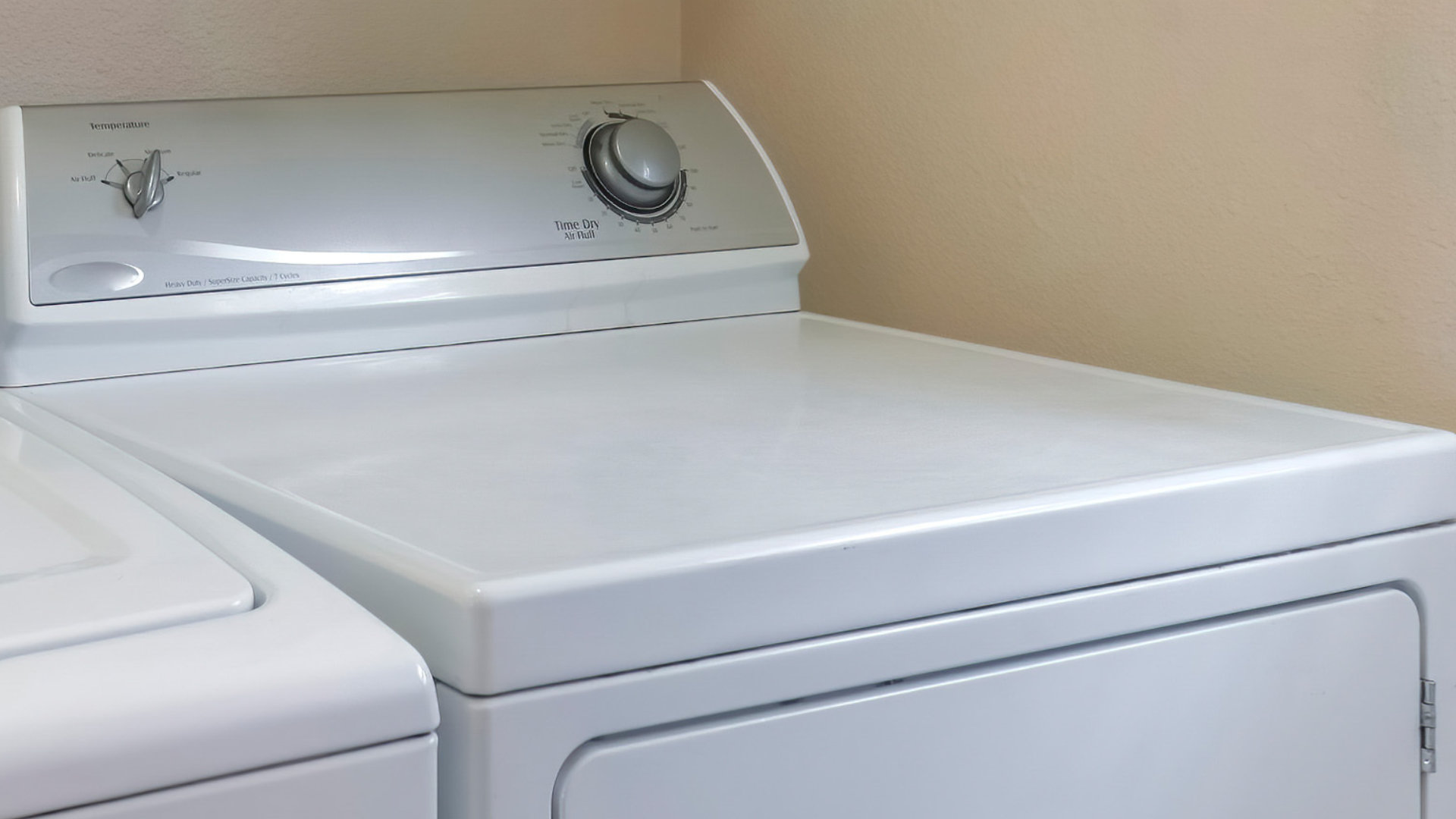
Maytag Dryer Not Heating? Here’s How to Fix It
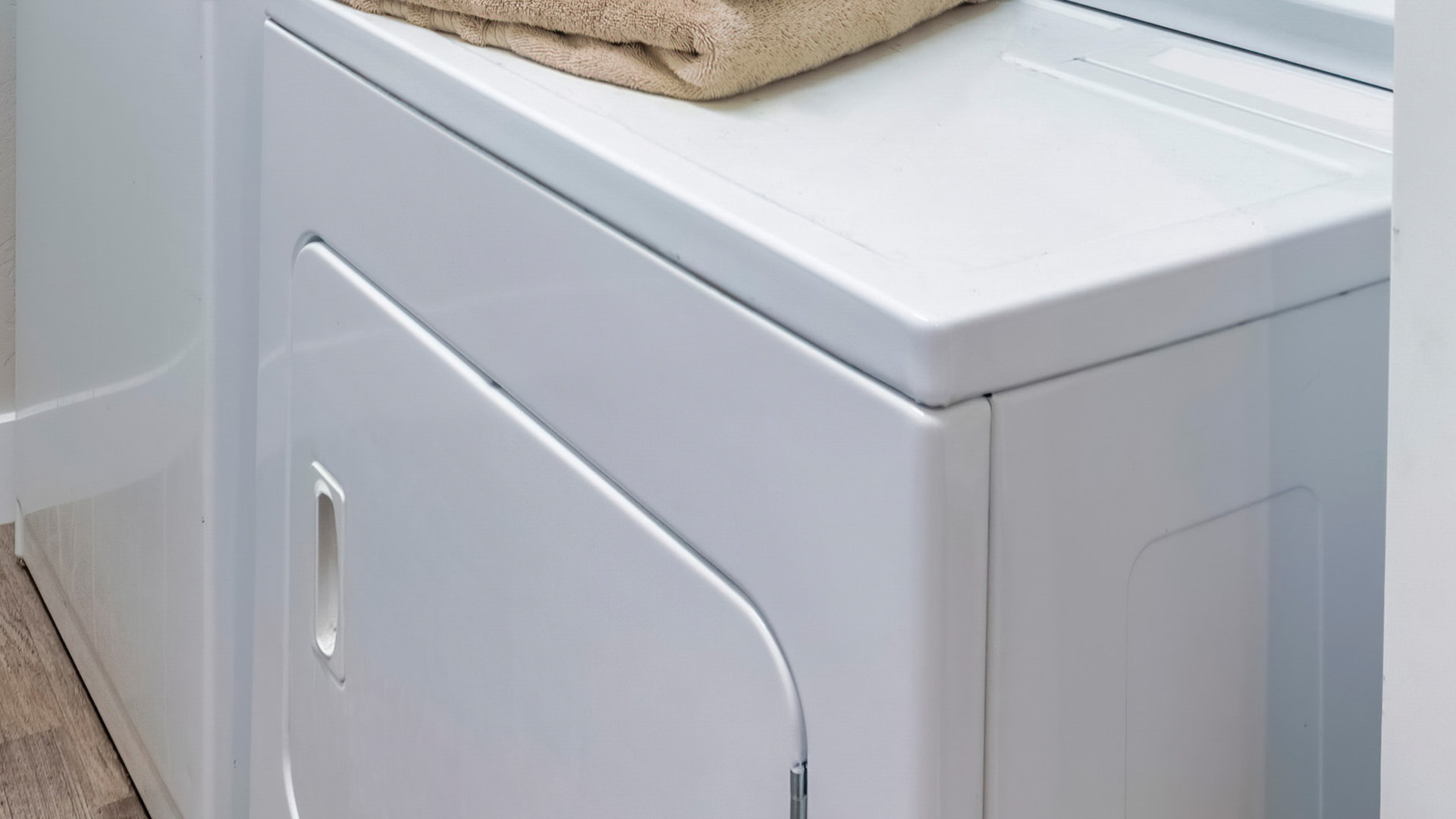
6 Common Reasons Your Speed Queen Dryer Isn’t Heating
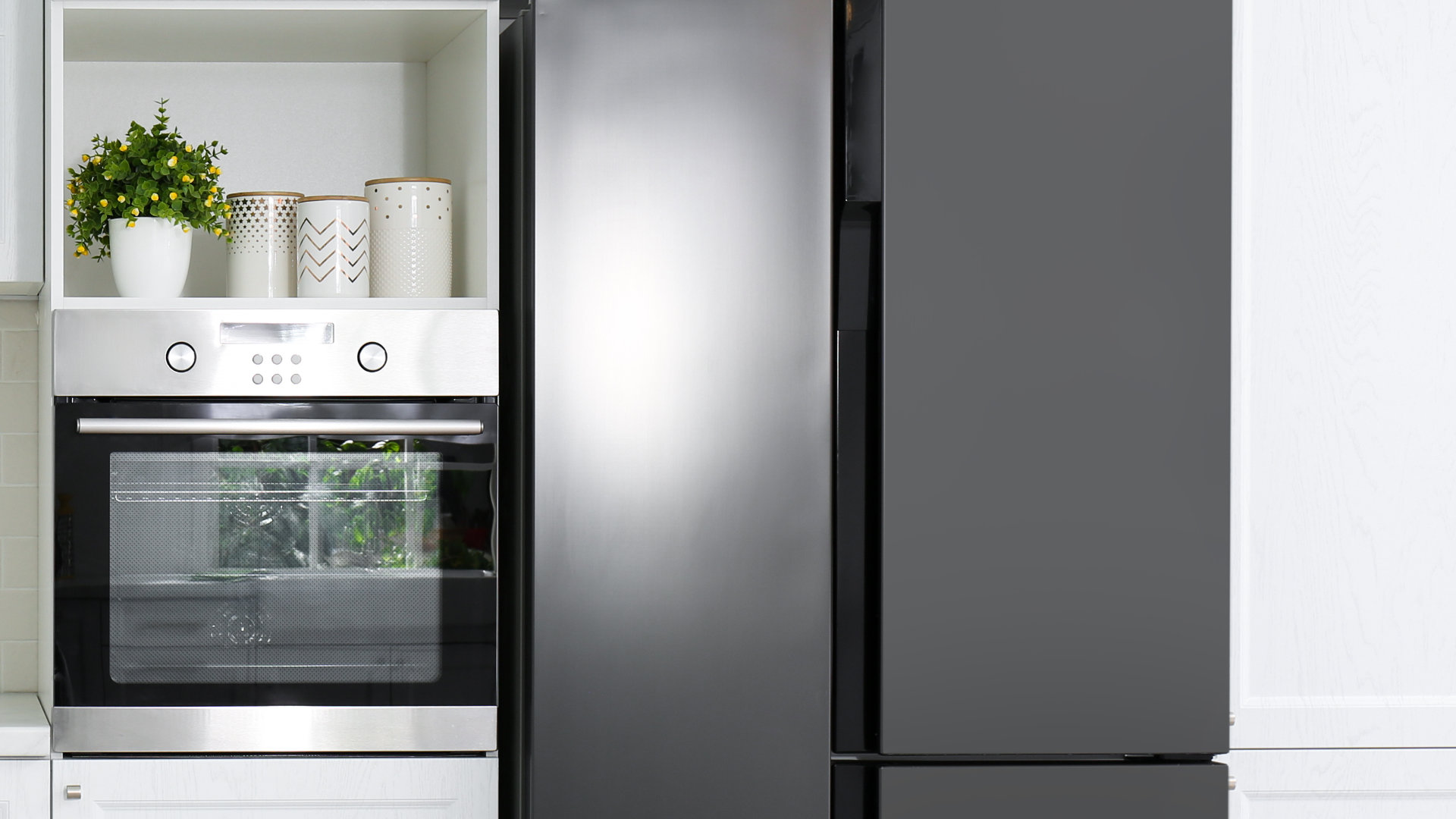
8 Reasons Your Samsung Refrigerator Is Not Cooling
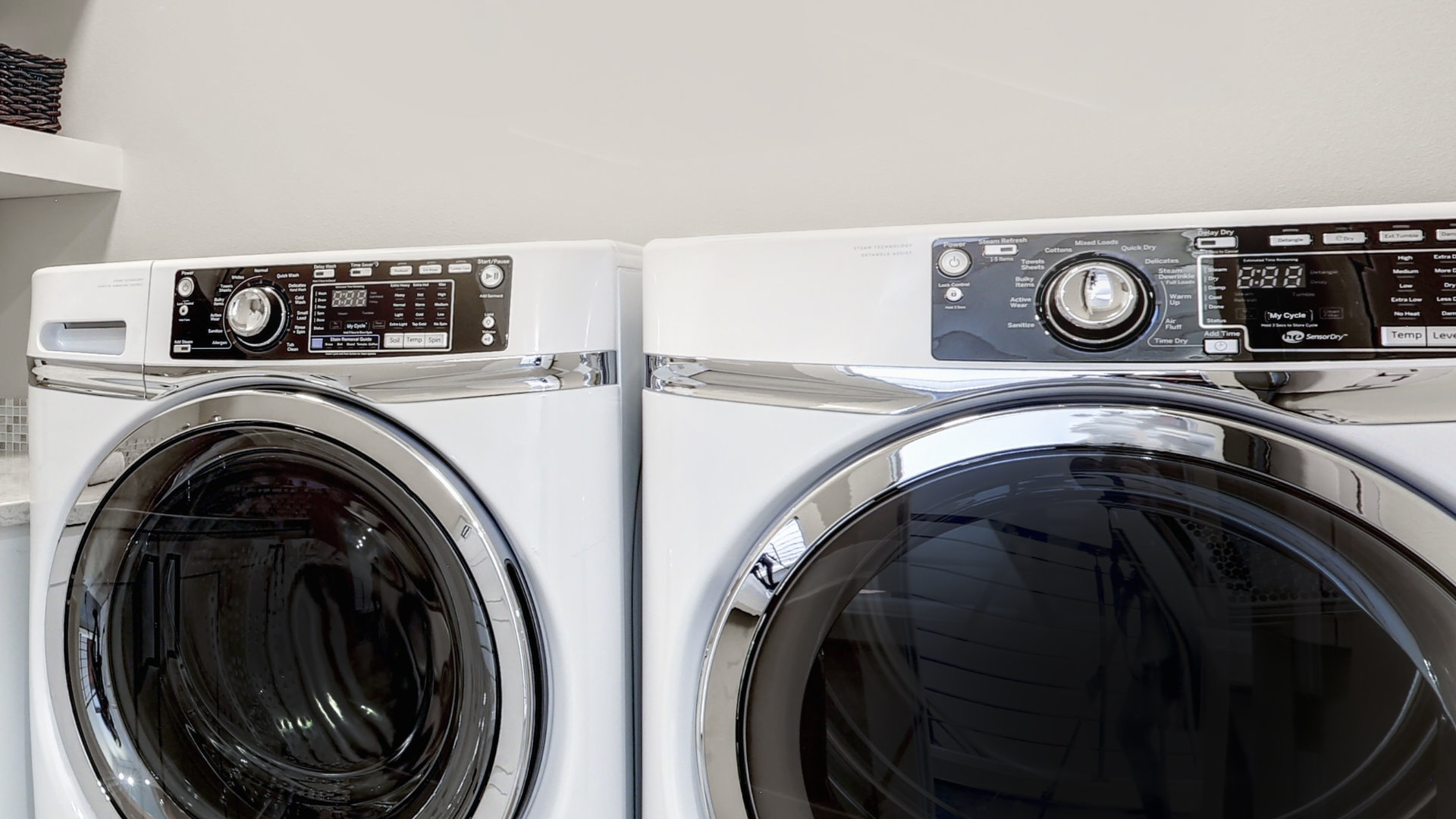
9 Most Reliable Washer and Dryer Brands

How to Get Ink out of Your Dryer the Easy Way

Why Is My Fridge Making Noise That Stops When the Door Is Open?
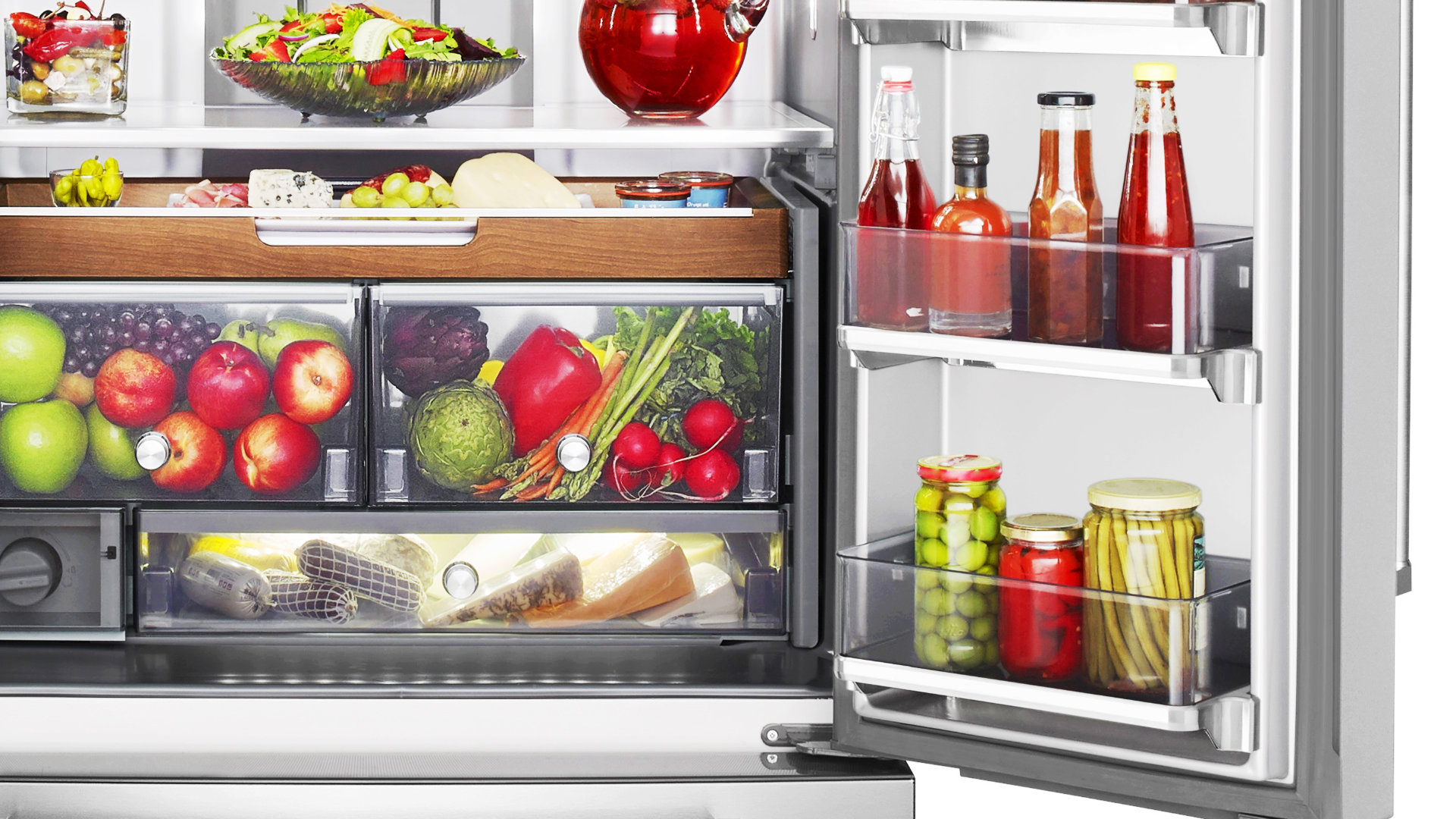
Frigidaire Refrigerator Error Code H1: Causes & Solutions
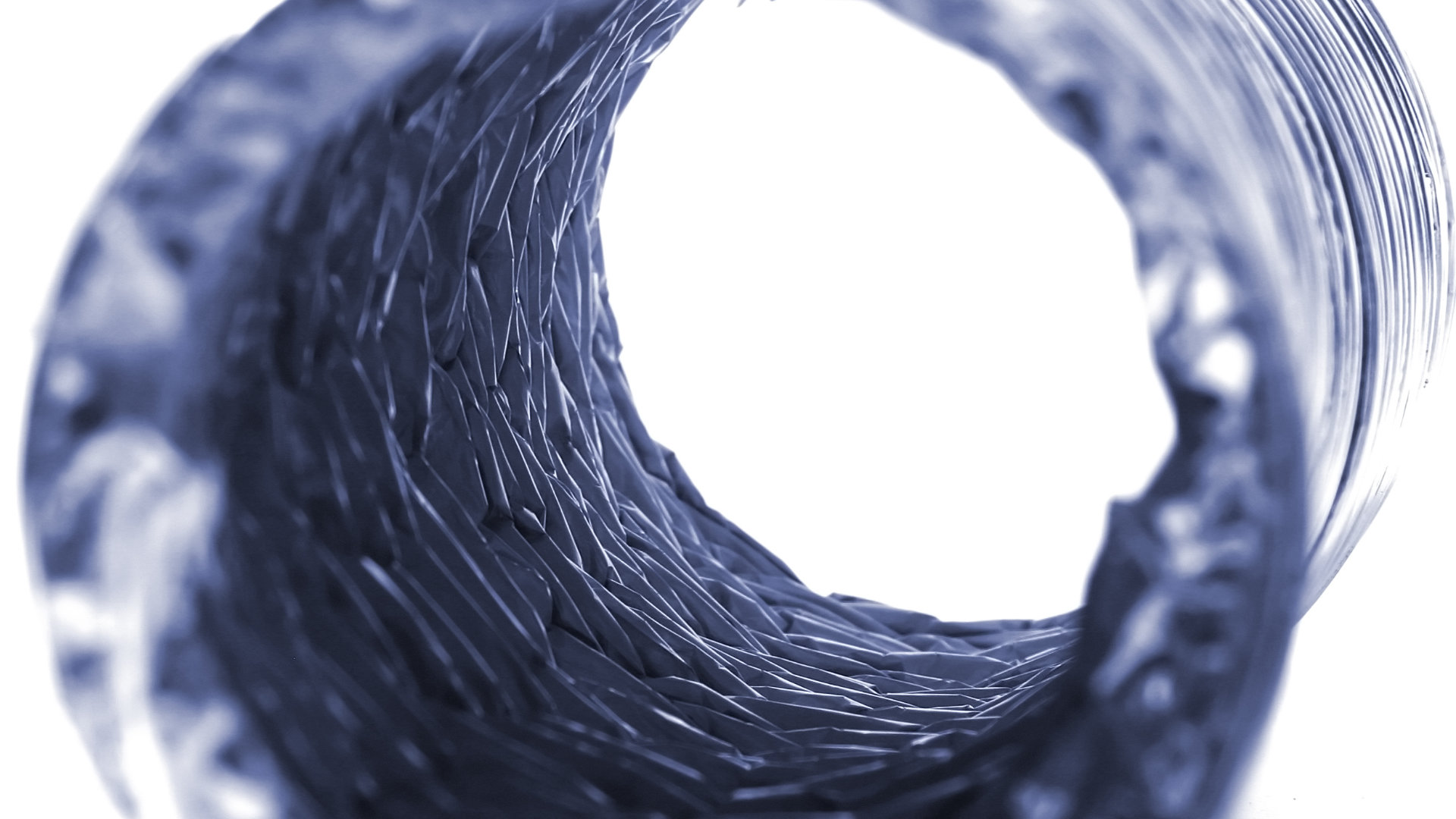
How to Clean a Dryer Vent Without Moving the Dryer
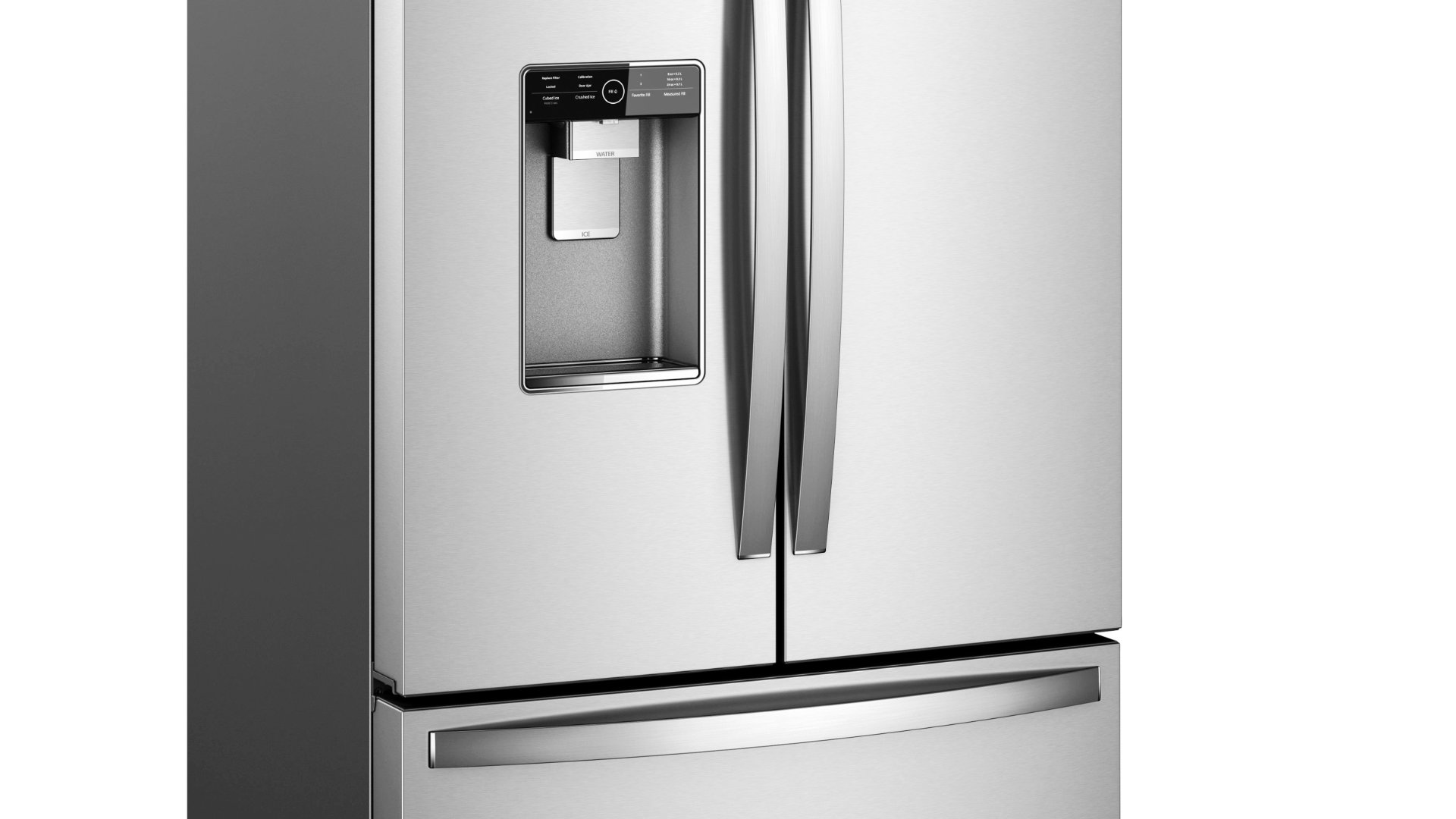
9 Reasons Your LG Refrigerator Isn’t Cooling
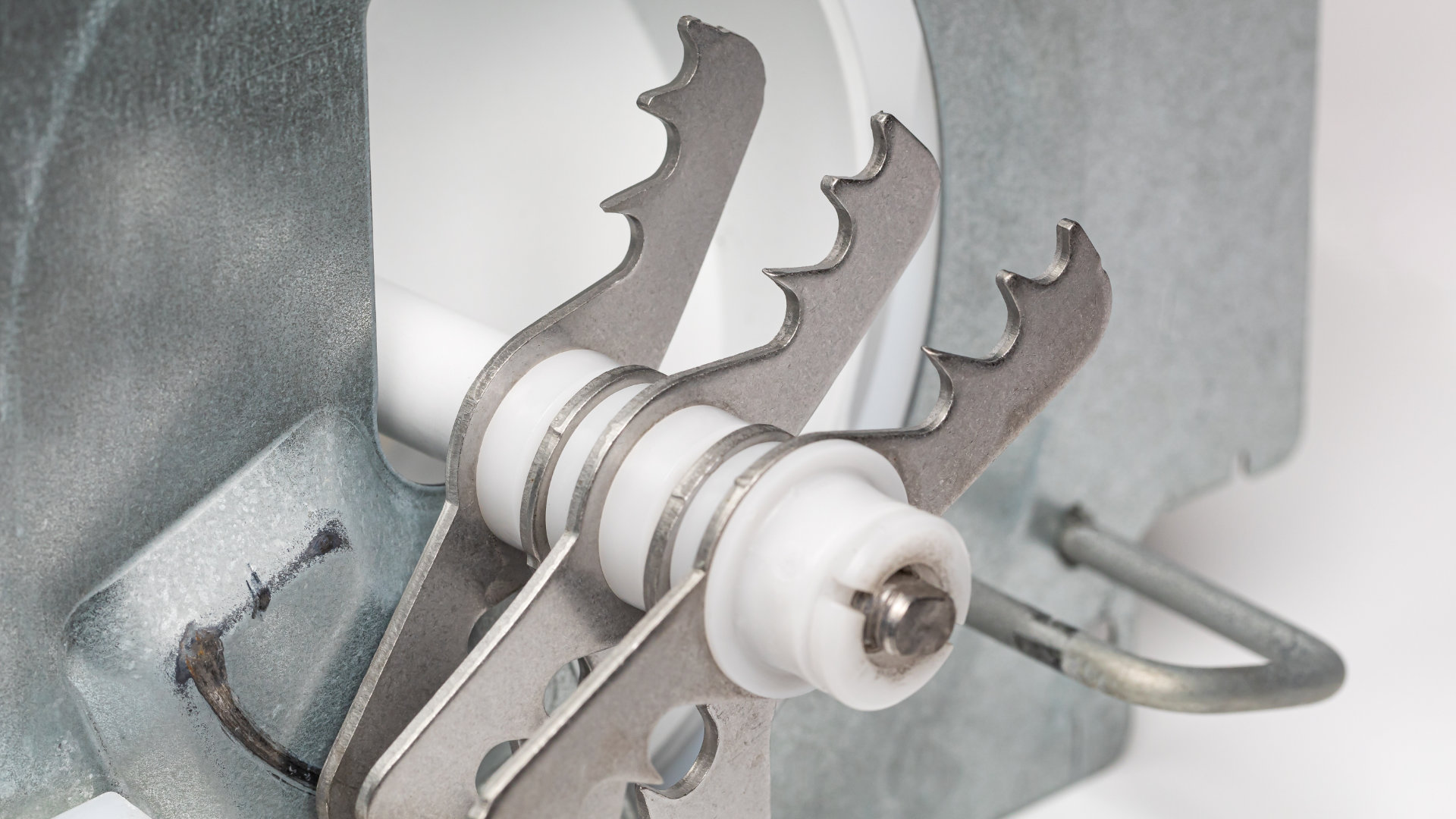
LG Refrigerator Not Making Ice? Here’s What To Do!
